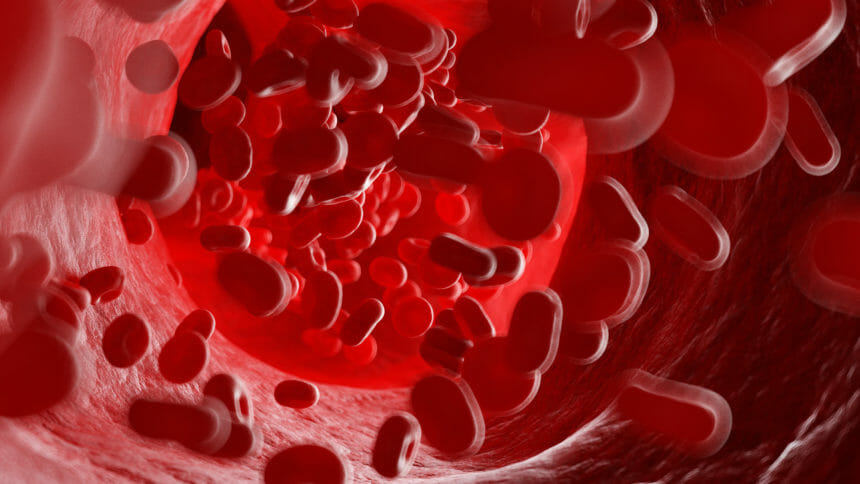
Researchers from Duke Health say they developed a blood test that can detect Parkinson’s disease, which could mean being able to diagnose the disease before damage to the nervous system gets worse. The study was published Wednesday in Science Translational Medicine.
“Currently, Parkinson’s disease is diagnosed largely based on clinical symptoms after significant neurological damage has already occurred,” Laurie Sanders, PhD, an associate professor in Duke School of Medicine’s departments of neurology and pathology, said in a statement.
“A simple blood test would allow us to diagnose the disease earlier and start therapies sooner,” Sanders said. “Additionally, a clear-cut diagnosis would accurately identify patients who could participate in drug studies, leading to the development of better treatments and potentially even cures.”
The research team looked at DNA damage in the mitochondria, which are the energy-producing parts of a cell. Mitochondria contain their own DNA, which can be damaged separately from the DNA elsewhere in the body.
Other research has linked DNA damage in the mitochondria to a higher risk for Parkinson’s disease. The Duke team previously found there was built-up mitochondrial DNA damage in the brain tissue of deceased Parkinson’s patients.
The researchers used polymerase chain reaction (PCR) technology to come up with an assay that can spot higher levels of mitochondrial DNA damage in blood cells collected from patients with Parkinson’s disease compared to people without the disease. The test can spot high levels of damaged DNA in people with the genetic mutation LRRK2, which has been associated with a higher risk for Parkinson’s. The test was able to detect people who had Parkinson’s disease, with and without LRRK2 mutations.
“Our hope is that this assay could not only diagnose Parkinson’s disease, but also identify drugs that reverse or halt mitochondrial DNA damage and the disease process,” Sanders said.
The team plans to study how the test works in people with early stages of the disease.



